Oat Groats, 32 Oz, Top 14 Food Allergy Free, Non Gmo, Pesticide Free, Keto, Paleo Friendly
$20.89
Number of Items: 1
Unit Count: 32.0 Ounce
Weight: 2 Pounds
Item Package Quantity: 1
5 in stock
Oat groats contribute beneficial minerals — including iron and phosphorus — to your diet. Both iron and phosphorus make up components of compounds essential to good health. Phosphorus is incorporated into your DNA, bone mineral tissue and ATP — a source of energy — while iron is incorporated into hemoglobin and myoglobin, two proteins you need to transport and store oxygen. Each serving of oat groats contains 204 milligrams of phosphorus, or 29 percent of your recommended daily intake, accor
Oat groats also offer antioxidant benefits due to their zinc and copper content. Both minerals protect your tissues from free radicals, which would otherwise damage your DNA, contributing to genetic mutations and disease. Zinc also plays a role in immune function, while copper supports nervous system health. Each serving of oat groats offers 244 micrograms of copper — 27 percent of the recommended daily intake, according to the Institute of Medicine — as well as 20 and 15 percent of the recomm
Oat groats take much longer to cook than rolled or steel-cut oats — up to an hour — so they’re best suited to leisurely breakfasts rather than a quick meal before you jump into your daily grind. Try them topped with fresh berries, sliced banana and pecans. Alternatively, use oat groats in grain salads. Combine the groats with dried cranberries, chopped dried figs and an orange-and-mint dressing, or mix them with toasted walnuts, chopped kale, slices of roasted carrots and parsnips and a maple-
Each serving of oat groats — a 1/4 cup raw, or approximately 1 cup cooked — contains 152 calories and provides 8 percent of the daily calorie intake in a 2,000-calorie diet. The groats provide 6 grams of protein per serving, which helps maintain healthy tissue and a strong immune system. A serving of groats also contains 26 grams of carbohydrates, including 4.1 grams of dietary fiber. These carbs fuel your active lifestyle and provide energy needed for brain function, while their fiber content



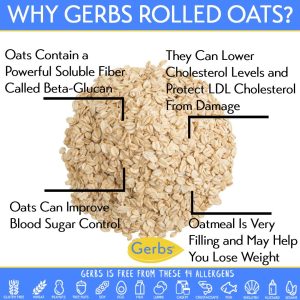






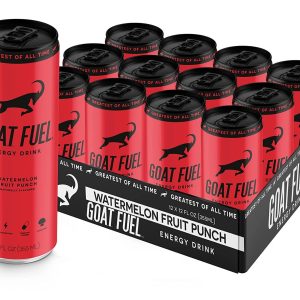
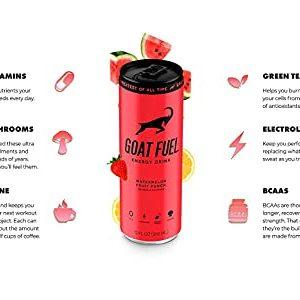
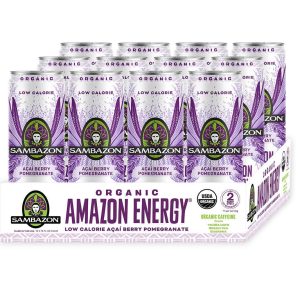
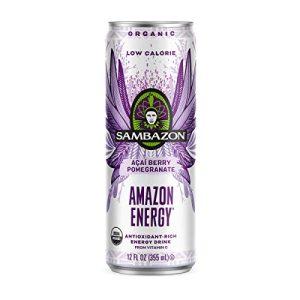





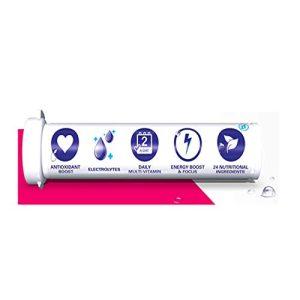




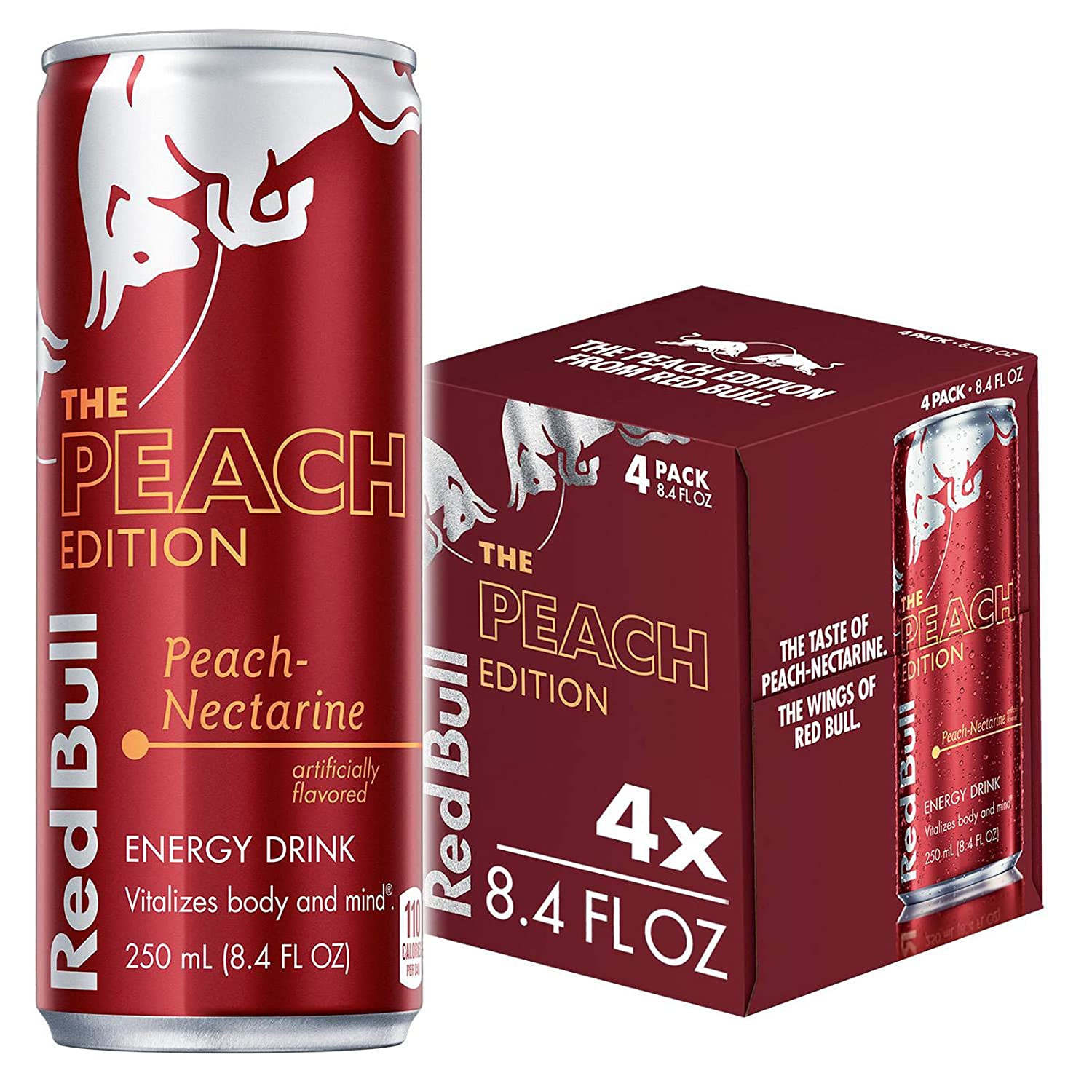

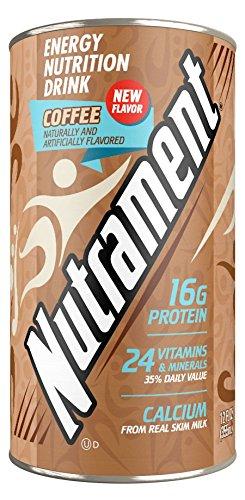
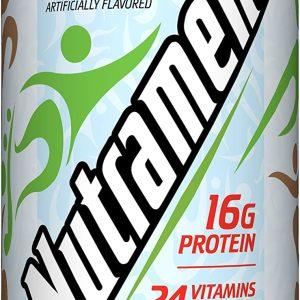
Reviews
There are no reviews yet.